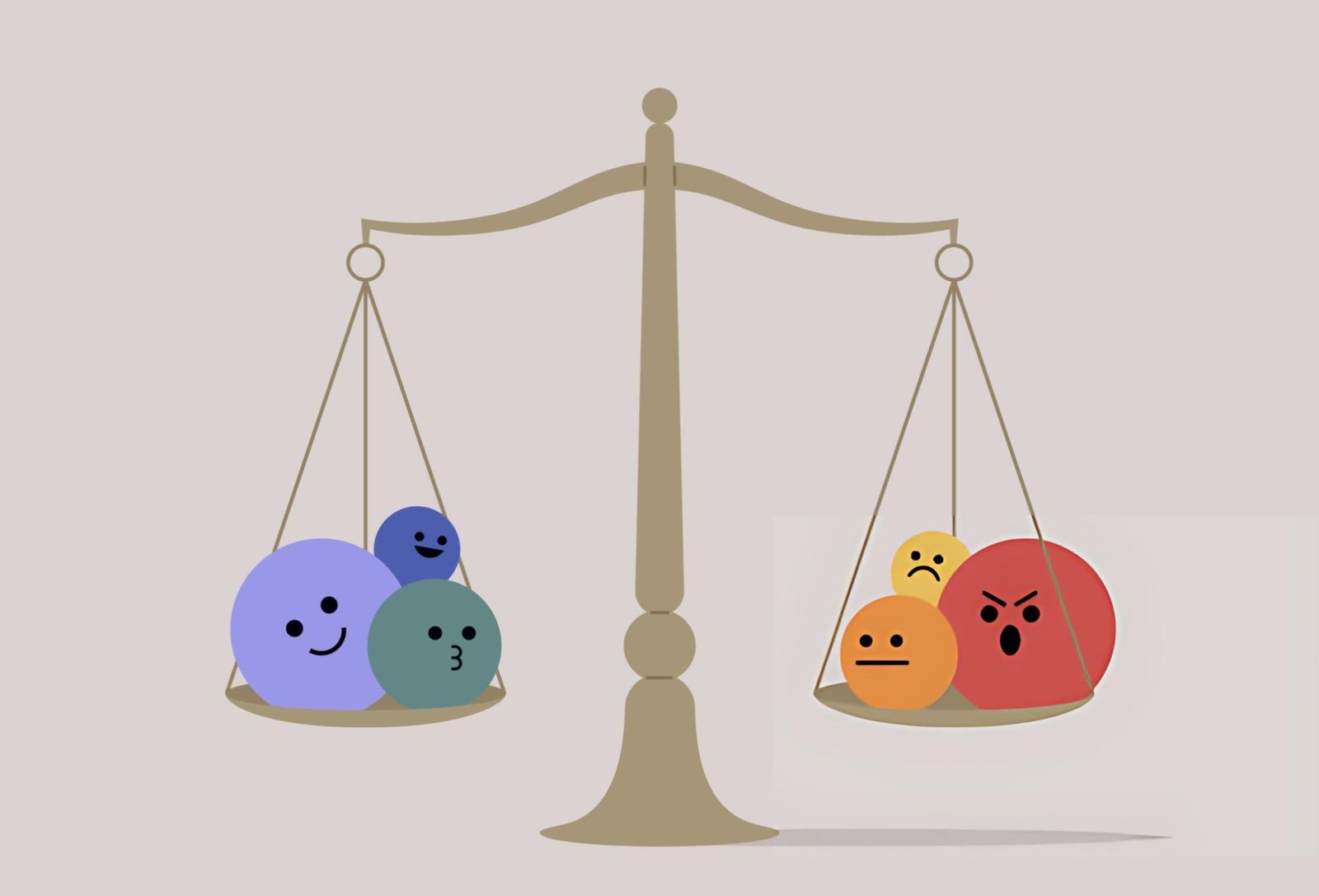DBT workbooks and tools empower individuals to regulate emotions, build resilience, and achieve personal growth. Discover their transformative potential!
Introduction
Dialectical Behavior Therapy (DBT) has revolutionized mental health care with practical, skills-based approaches that help individuals regulate emotions, manage relationships, and handle life’s challenges. But what makes DBT workbooks, downloadable tools, and printable mental health worksheets so effective? These resources are empowering both therapists and individuals alike, providing structure, consistency, and real-world applications for improving mental wellness. Let’s explore how these tools are making a lasting difference.
1. Hands-On Learning for Skill Mastery
Ever feel overwhelmed when trying to apply abstract mental health principles to your daily life? That’s where DBT workbooks shine. They break down essential DBT skills into clear, actionable steps, making emotional regulation accessible and achievable.
Key benefits of hands-on learning include:
- Mindfulness Exercises: Guided practices to focus on the present moment.
- Distress Tolerance Tools: Activities like distraction or self-soothing techniques to handle intense emotions.
- Emotion Logs: Track emotional triggers and patterns to develop awareness and coping strategies.
By practicing these structured exercises regularly, individuals can turn DBT principles into habits that stick. Repetition truly is the secret to mastering these life-changing skills.
2. Self-Guided Growth at Your Fingertips
One of the biggest advantages of DBT workbooks is their accessibility for independent use. Whether you’re in therapy or managing your mental health journey solo, these resources allow you to explore DBT concepts at your own pace.
Some standout tools include:
- STOP Skill Practice: Learn to Stop, Take a breath, Observe, and Proceed mindfully during distressing situations.
- Behavioral Chain Worksheets: Break down a negative behavior into steps to understand its triggers and consequences.
- Reflection Prompts: Help users identify unhealthy thought patterns and replace them with healthier ones.
This self-guided approach fosters personal growth and reinforces self-efficacy, empowering individuals to take control of their mental health.
3. Therapist-Friendly Resources
Therapists often rely on DBT tools like worksheets, handouts, and workbooks to enhance their sessions. Why? Because these resources make complex therapeutic processes easier to understand and apply.
For example:
- Behavioral Chain Analysis: A step-by-step exercise that helps clients identify what led to a problematic behavior and how to change it.
- Pros-and-Cons Lists: A simple yet powerful tool to weigh decisions and reduce impulsive choices.
These resources not only save therapists time but also improve collaboration by providing a shared framework for clients to practice skills between sessions. They’re the perfect bridge between theory and real-world application.
4. Building Emotional Resilience
Life is full of emotional highs and lows, and DBT workbooks offer a pathway to navigate them. The key? Dialectical thinking—balancing acceptance of the present with the need for change.
Exercises within DBT tools help users:
- Recognize and Reconcile Opposing Emotions: For example, balancing anger with understanding or sadness with hope.
- Develop Distress Tolerance: Skills to “ride the wave” of intense emotions without acting impulsively.
- Practice Emotional Regulation: Techniques to identify and respond to triggers more effectively.
Over time, these skills build emotional resilience, helping individuals manage stress and adapt to life’s challenges.
5. Customizable for Everyone
DBT workbooks and downloadable tools aren’t one-size-fits-all—they’re designed to meet diverse needs. Whether you’re a therapist tailoring interventions for clients or an individual addressing specific challenges, there’s something for everyone.
Common modules include:
- Mindfulness: Cultivating present-moment awareness to reduce anxiety and increase focus.
- Emotion Regulation: Identifying, labeling, and managing emotions constructively.
- Interpersonal Effectiveness: Navigating difficult conversations and maintaining healthy relationships.
This versatility makes DBT workbooks a go-to resource for tackling issues like anxiety, relationship struggles, or burnout.
6. Proven by Research
The success of DBT isn’t just anecdotal—it’s backed by decades of research. Initially developed to treat borderline personality disorder, DBT has since been adapted for a wide range of conditions, including:
- Anxiety disorders.
- Depression.
- Post-traumatic stress disorder (PTSD).
Studies have shown that the structured, skills-based approach of DBT tools leads to measurable improvements in emotional regulation and interpersonal functioning. When you choose these workbooks, you’re tapping into a proven system for mental health success.
Printable Mental Health Worksheets: Convenience Meets Impact
Looking for practical tools you can use anytime, anywhere? Printable mental health worksheets are a game-changer. These downloadable resources allow users to:
- Track Progress: Keep a record of emotions, behaviors, and skills over time.
- Practice Skills on the Go: Print only what you need, when you need it.
- Create a Personal Toolkit: Compile worksheets tailored to your unique challenges.
Therapists, too, benefit from the convenience of these ready-made tools, which can be easily customized for individual clients.
Ready to Get Started?
DBT workbooks and therapy resources are transforming mental health care by making evidence-based skills accessible to everyone. Whether you’re a therapist looking for practical tools to support your clients or an individual ready to take control of your emotional well-being, these resources are here to help.
Visit the shop today to explore a curated collection of DBT workbooks, printable mental health worksheets, and other tools designed to empower your mental health journey.
Remember, the tools you use today can shape the resilience you need tomorrow. Take that first step—your future self will thank you.








